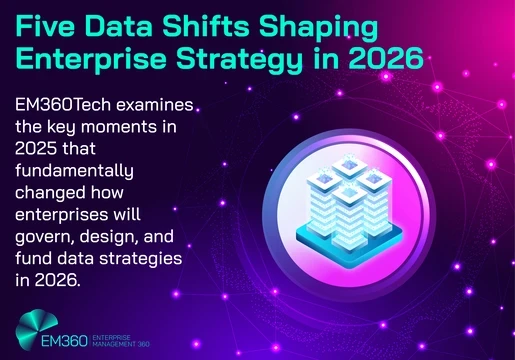Data analytics entails two distinct but crucial components for enterprise to choose from: automated reporting or business intelligence. Despite their differences, a whitepaper from Sisense observes that "some people have a tendency to use these terms interchangeably."

Automated reporting or business intelligence?
As Sisense notes, automated reporting and business intelligence play very different roles in the enterprise. Put quite simply, reporting provides KPIs, while business intelligence reveals critical insights. In effect, reporting entails the "bare facts" and is the process of consolidating, organising, formatting and summarising key data. As a result, the "headline numbers" provide an overall insight into how a business is performing. On the other hand, analysis is the process of questioning and interpreting that information. According to Sisense, business intelligence is "the place you get insights that will influence your real life business decisions." Due to their respective importance, most modern businesses require business intelligence alongside reporting. Indeed, tools that automate reports in isolation evidently limit a business as they fail to ask complex questions regarding the success or failure of a KPI.
The importance of business intelligence
In order to provide powerful data analytics, business intelligence platforms combine both reporting and analysis features. Users can thus amalgamate data from all segments of a business in order to produce comprehensive reports and dashboards. In addition to this, business intelligence allows enterprises to query and manipulate data in order to ask more complex questions. The true value of business intelligence is thus the ability to easily and quickly understand data, while collecting insights on "who, what, and how." If a business intelligence platform is powerful enough and "genuinely self-service," companies can also benefit from regular and ad hoc reports. It even allows users to build interactive dashboards, which provides live access to a company's underlying data. In contrast to static reports, enterprises can "switch to deep-level analysis immediately," and therefore examine data in a more precise manner. As a result, businesses are now "flocking to BI for an easy, comprehensive automated reporting process."
What are the simple errors most companies make when it comes to data? Listen to our podcast with Director of Data Relish Jen Stirrup to find out







Comments ( 0 )